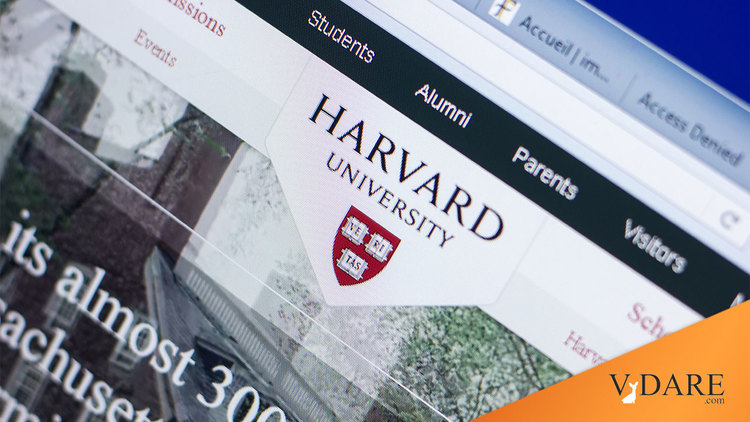
01/14/2013
From NPR:
Elite Colleges Struggle To Recruit Smart, Low-Income Kids
After Harvard offered what was, in essence, a free college education to students whose families earned under $40,000 a year, Hoxby says, "the number of students whose families had income below that threshold changed by only about 15 students, and the class at Harvard is about 1,650 freshmen."
Hoxby says some college administers had confided to her that they had reluctantly come to the conclusion that the pool of low-income students with top academic credentials was just limited, and there wasn’t much they could do to change that.
But in an analysis published with Christopher Avery in December, Hoxby has shown that this conclusion isn’t true. There is in fact a vast pool of highly talented, low-income students; they just aren’t ending up in top schools.
Hoxby says in an interview that she asked herself why talented students might escape the attention of college administrators, when the administrators were looking so hard for these students.
"The students whom they see are the students who apply," she says, of admissions officers. "And if a student doesn’t apply to any selective college or university, it’s impossible for admissions staff to see that they are out there."
Hoxby found that the majority of academically gifted low-income students come from a handful of places in the country: About 70 percent of them come from 15 large metropolitan areas. These areas often have highly regarded public high schools, such as Stuyvesant in New York City or Thomas Jefferson in the Washington, D.C., area.
Low-income high-achieving students at these schools have close to 100 percent odds of attending an Ivy League school or other highly selective college, Hoxby says.
The reasons are straightforward: These schools boast top teachers and immense resources. They have terrific guidance counselors. Highly selective colleges send scouts to these schools to recruit top talent. And perhaps most important, students in these schools are part of a peer group where many others are also headed to highly selective colleges.
Hoxby and Avery found that top students who do not live in these major metropolitan areas were significantly less likely to end up at a highly selective school. These students were far less likely to find themselves in a pipeline that ended at an Ivy League school.
"Imagine a student who is the only student who is a likely candidate for a place like Harvard or Stanford or University of Chicago — and he’s not just the only student in his or her high school, but he’s the only student that that high school has graduated like that in, say, three or four years," Hoxby says.
Without mentors and academically talented peers, Hoxby says, many of these students fail to apply to schools that can offer them a premium education free of charge. And because the students are widely dispersed across the 42,000 high schools in the country, college recruiters have a hard time finding them.
Here’s the abstract of Hoxby’s latest paper. Here’s an earlier one. A few points:

A commenter adds:
The study basically shows that the colleges do their "lower-income" recruiting at high schools in big metro areas, for reasons of efficiency (hence the "lower-income" students the schools come in contact with are mostly minority).
The "lower-income" students they miss are from smaller towns in rural states (it’s not efficient for college recruiters to travel to each of these), hence presumably the "missed" students are mostly white.
Referring to Unz’s recent analysis, we might wonder how much the colleges really want to up the number of red-state whites, even if it would get them more economic diversity.
This is a little bit like how Goldman Sachs recruits only at a tiny number of Northeastern colleges because, you know, if it also recruited at Purdue and Texas A&M it would go broke from the rent-a-car fees alone. Same with Yale. Yale only has $15 billion or whatever in the bank, so it can hardly afford to send recruiters out to nowheresvilles. Motel bills add up!
This is a content archive of VDARE.com, which Letitia James forced off of the Internet using lawfare.